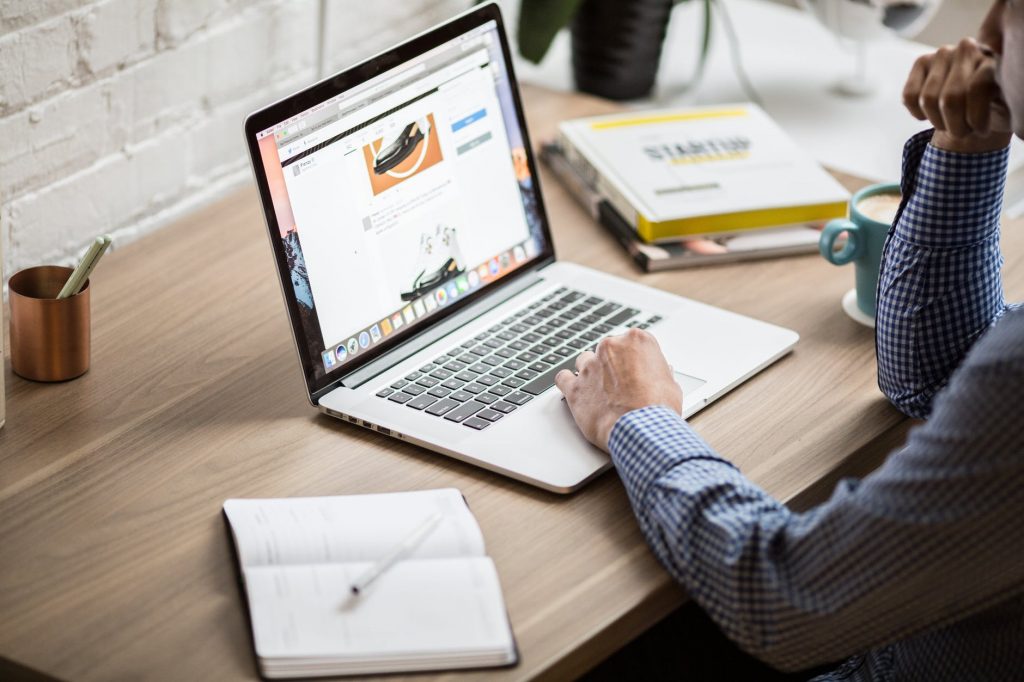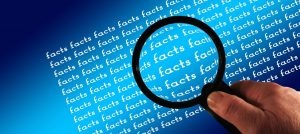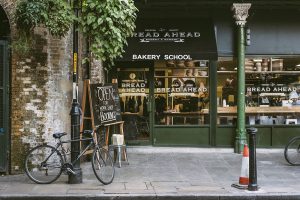A sole trader is a person who sets up and owns their own business. They may employ other workers but they are the only owner and do not have a separate legal existence from their owner.
Individuals who provide a specialist product or service like plumbers or photographers, are also sole traders.
As a sole trader, your business is owned entirely by you, grown by you and ultimately succeeds or fails by you. This also means you are entitled to all profit that the business makes. The downside to that is sole traders are fully liable for any losses and debts which can be risky for a business that requires a lot of investment.
The benefits of being a sole trader:
- Any profit after tax that the business makes is yours
That’s right. You are the sole owner and any money you make whether it’s £1mil or 10p will all go into your pocket.
- You have full control over your business
As a sole trader, no one can tell you what to do. Your business and your future are in your hands. This not only speeds up decision making but also means if it goes wrong there’ll be no one breathing fire down your neck. Plus you set your own targets for growth.
- Improved customer service
Sole traders can offer a more personalised approach to their customers. You are the only person the customer interacts with. This can result in strong relationships that can turn one-off customers into loyal repeat buyers of your products or services.
- Accountants charge less
Accountants generally charge lower rates for sole trader accounts as there is less work for them to do. As a sole trader, all you’re required to complete is a profit and loss account.
- If you feel like taking a day off, you can
As the owner of the business, you can take holiday whenever you want and for how long you want. This can be great to strike a balance between work life and social life.
Registering as a sole trader
To become a sole trader is quite straightforward; simply register your business name with HMRC within three months of opening the business. There are no lengthy forms for you to fill out.
Responsibilities as a sole trader to HMRC
The main responsibilities as a sole trader to HMRC is to do the following things –
- Send a Self-Assessment tax returnevery year
- Keep a record of all income and expenses
- Pay Income Tax and National Insuranceon any profits their business makes
- Register for VAT – although only if their takings are over the VAT threshold(or will be soon)





